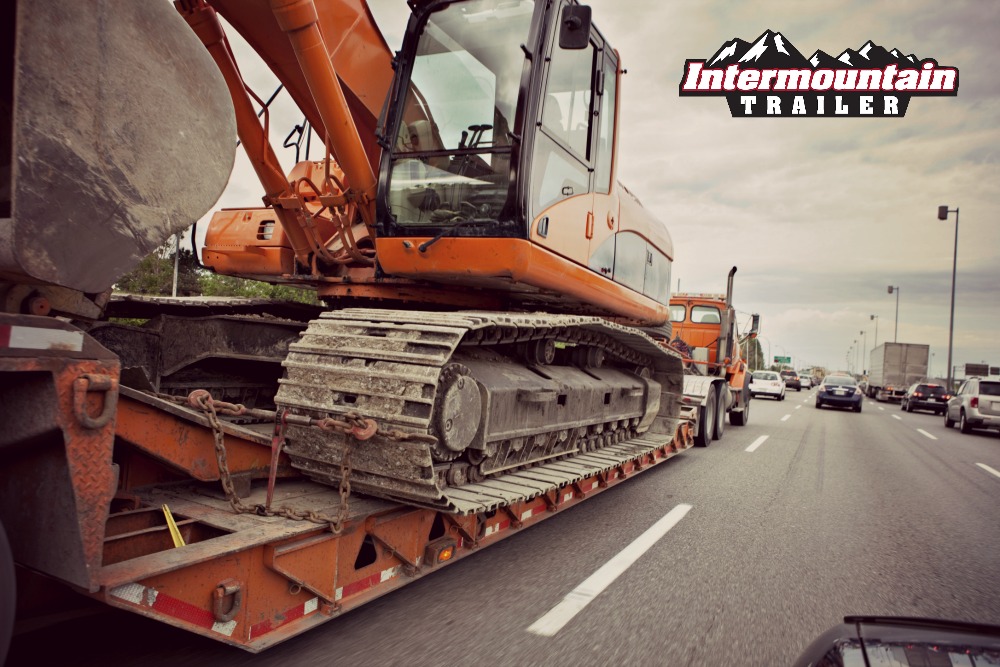
Mexico’s government announced in late January that it has acquired hundreds of tanker trailers to alleviate fuel shortages and combat pipeline sabotage. Six hundred seventy-one tanker trucks and trailers, the equivalent of 140,000 barrels per day, were purchased at a cost of $92 million.
The purchases are aimed at guaranteeing gasoline and diesel supplies are available throughout Mexico, while also combating the theft of fuel from pipelines owned by the government’s oil company Petroleos Mexicanos (Pemex).
Stealing fuel from pipelines and re-selling it on the black market has become a major enterprise in Mexico. This form of theft cost Mexico $3.4 billion last year, according to official figures. Six major pipelines have been shut down while authorities search for the criminals responsible for tapping into them and siphoning off fuel.
Because of the urgency of the situation, the bid process, which is how these large purchases are typically made, was bypassed. Mexico’s new president, Andres Manuel Lopez Obrador flat out bought the trucks and plans to use them to distribute fuel to over 11,000 gas stations across the country. The cost of transporting gasoline and diesel by tanker trucks is nearly 14 times more expensive than via pipelines, but President Lopez Obrador feels that the cost is worth it.
The first trucks and trailers are scheduled to arrive in Mexico this weekend. Coincidentally, because of record-breaking freezing temperatures in much of the United States, tanker trucks and trailers are needed to deliver heating fuels, such as propane, natural gas and heating oil as well as gasoline products and even water to people in need during the state of emergency in many eastern and mid-western states. Suddenly the value of tanker trucks and trailers has increased remarkably between the USA and Mexico, with freezing temperatures and fuel thieves to thank (or blame).
All types of disasters, whether natural or not, affect the value of trucks. During a hurricane, emergency responders such as FEMA use dry vans to start moving freight to sites just outside the storm zone which serve as temporary holding areas until the road conditions are stable enough for them to safely reach their destinations. When the storm passes, more emergency freight will be brought into the area. Flatbed trucks (which have the best chance of landing FEMA contracts) bring in construction equipment that is used for cleanup and rebuilding. More trucks are needed to bring emergency relief supplies into affected areas. However, there are only so many trucks to go around. The industry has to divide its resources between regular operations and special requests to haul debris out of affected areas, while simultaneously bringing materials and equipment for reconstruction into the area. When so many trucks are pulled in different directions due to an emergency situation, it puts a kink in the capacity flow nationwide. As these trucks come out of the market, it places increased pressure on the trucking and logistics industry. With tight capacity and greater demand for capacity, it increases prices and alters the flow of goods, making dry vans and flatbed trailers a very valuable commodity.
Value is not always just about supply and demand. Sometimes it is actually about the physical worth. In the summer, if older reefer trucks are not properly maintained, not correctly calibrated or have broken door seals, the shipment may very likely go to waste, but today’s drivers have technology to thank for transportation refrigeration systems that are more efficient, reliable, and flexible than those built even ten years ago. For example, today’s refrigeration systems enable fleet managers to precisely set the temperature, airflow, and operating mode that are most appropriate for the load they are carrying. Control system innovations, including smart reefer controls, enable fleet managers to monitor truck and trailer fleets remotely from a central location. Using cellular communication technologies, fleet managers are able to monitor environmental conditions inside every trailer in the fleet simultaneously to ensure that prescribed load conditions are being maintained. This new technology dramatically drives up the value of new reefer trailers.
Bottom line: “The whole is greater than the sum of its parts”. There are over 15 million trucks on the road today. During times of disaster and emergency, they are used to help clean up, build, feed, supply and rescue. At times, some matter more than others, but as a whole we would be lost without them and the services, products and connection they provide.
Intermountain Trailer is among the largest trailer dealerships in the United States. With locations in Reno, Salt Lake City, and Denver, you can take your pick of over 200 new and used trailers, all of which are ready to work. From brand new Wabash Duraplate reefers and East flatbeds to used dry vans and dropdecks, we’ve got everything you could ever need. With financing and nationwide delivery, there’s no better option to acquire new trailers. Give us a call today.



